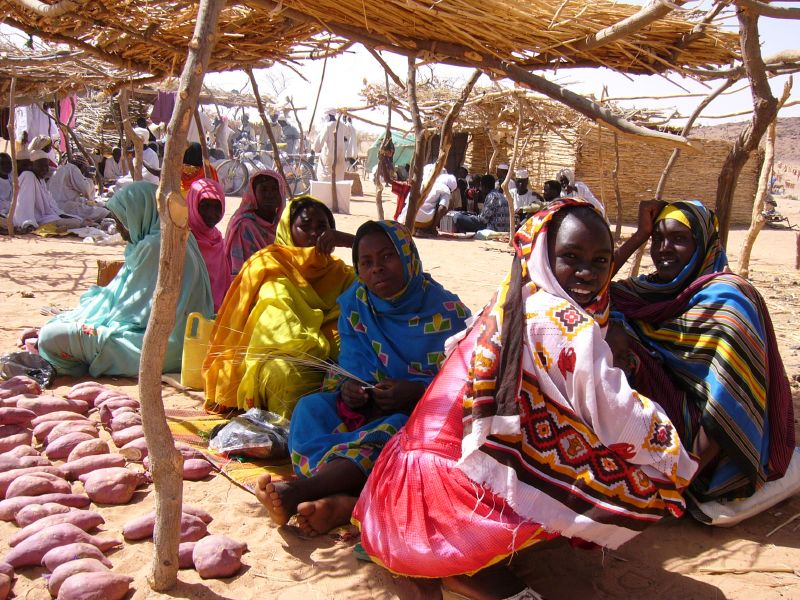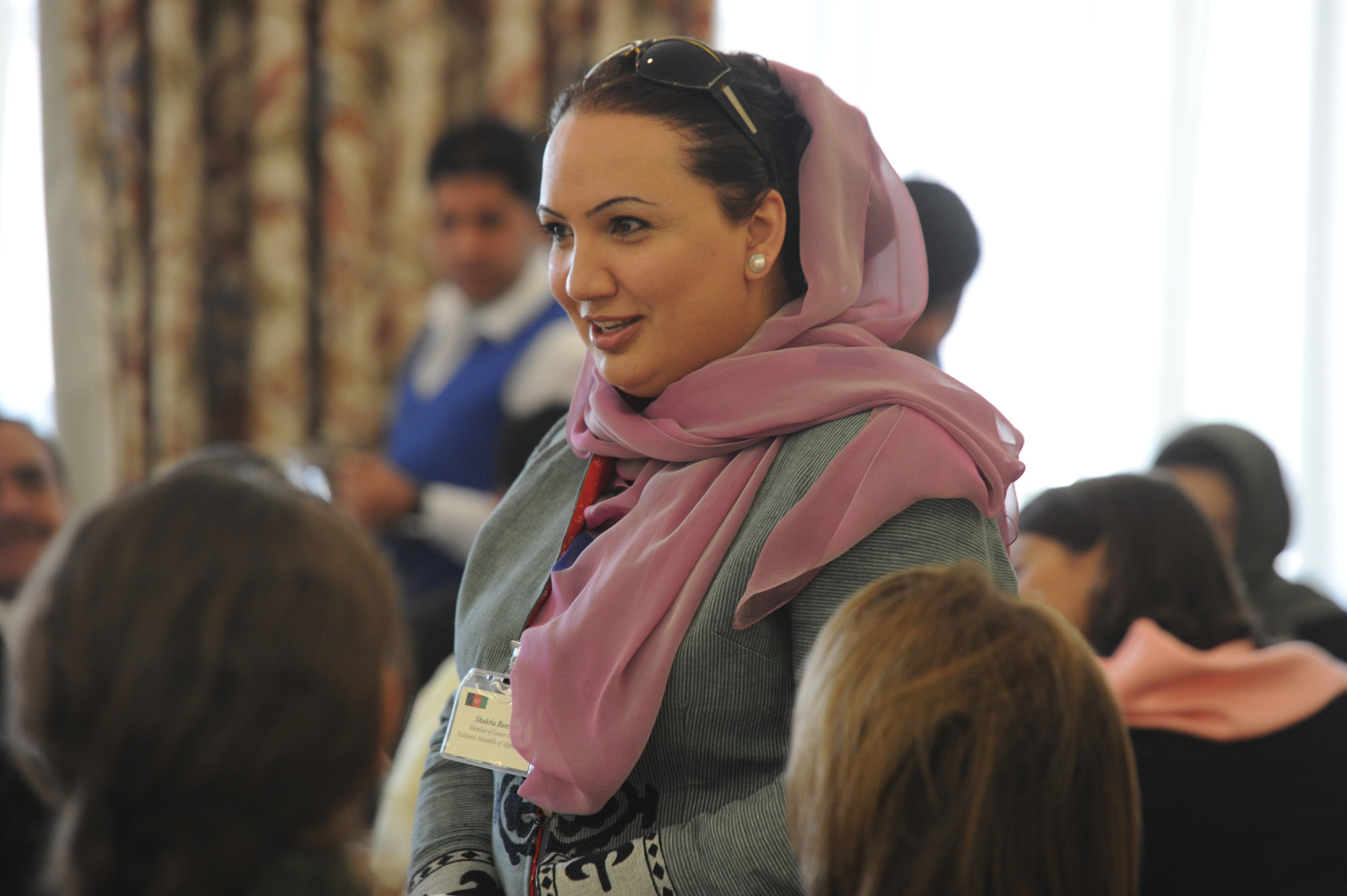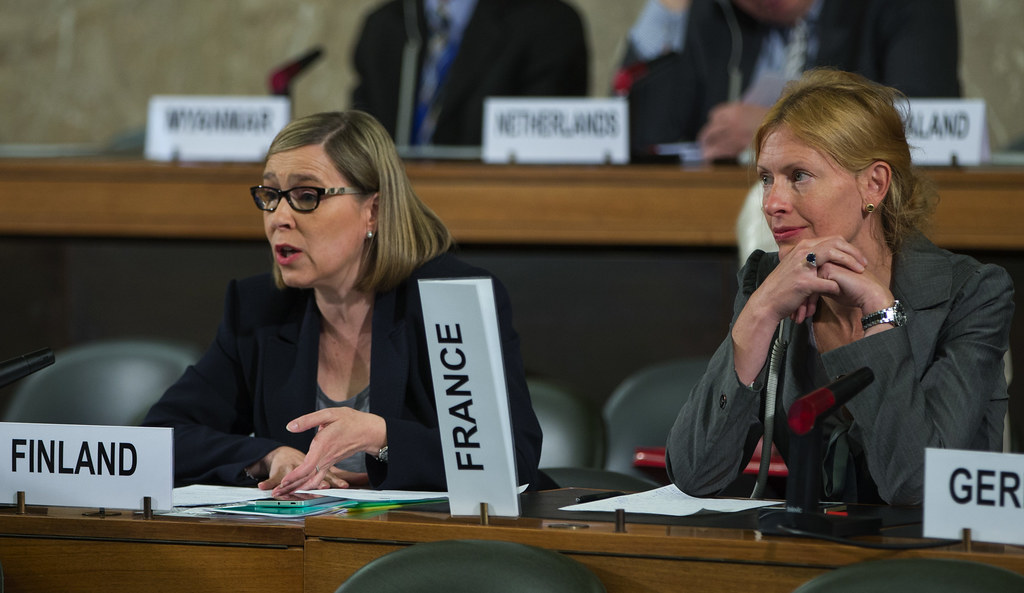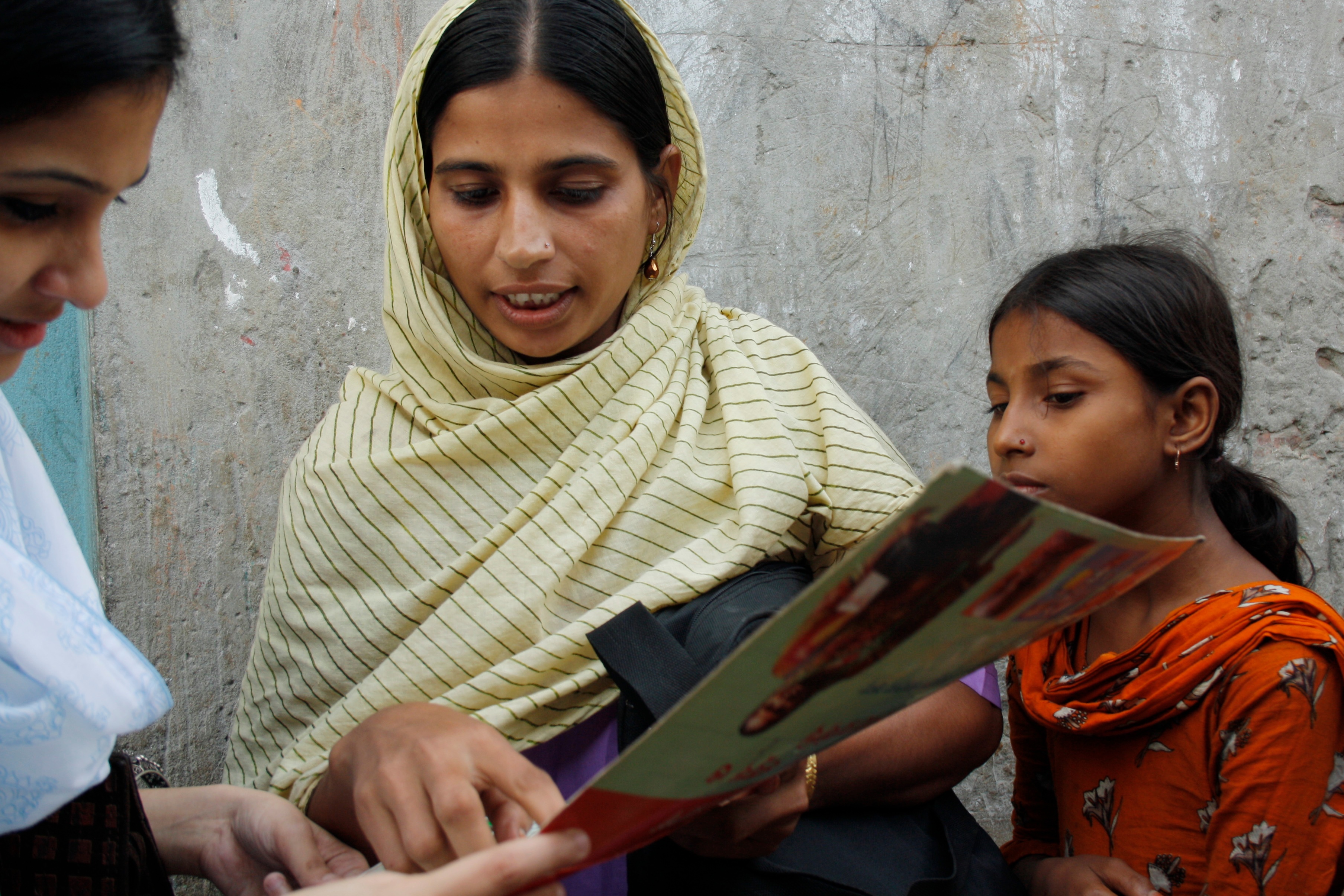Recent years have seen a dramatic increase in refugees fleeing their countries to seek a better life, whether as a result of war-related crises or due to unsafe conditions caused by natural disasters in their home countries, many exacerbated by the increasingly visible impacts of climate change. According to the UN, “Women represent almost half of the 244 million migrants and half of the 19.6 million refugees worldwide,” and with displacement on the rise, injustices facing these women are becoming more prevalent. Women refugees face specific and distinct challenges in asylum situations, making it necessary to study their plight separately from that of men.
As Melanie Gallant of Oxfam has argued, “Women and girls fleeing conflict, crisis and natural disasters face specific threats — including human trafficking, exploitation and sexual violence”, factors which women experience more often than male asylum seekers. These gender-based crimes negatively affect women’s physical and emotional well-being and are serious breaches of international human rights law. The crimes that target refugee women should not be categorized as a generalization of the refugee crisis, since they cannot be resolved through the standard offering of humanitarian aid measures. Across the world, women continue to be marginalized in many sectors of work and society, and this victimization is even more prevalent in refugee situations. Therefore, women-specific refugee solutions should be identified and addressed through more concrete means than those that are currently being implemented, and these changes should be accompanied by a wider societal recognition of the role gendered ideologies play in impacting the rights of women around the world.
Canada’s approach to Feminist Foreign Aid
There is an issue resulting from the global lack of awareness surrounding the differential experiences of refugee men and women, which results in the continued effect of inequalities and struggles facing refugee women. Individual nations such as Canada have outlined feminist approaches to international assistance, with the goal of strengthening gender equality in their national agenda. Women who are seeking refuge are subject to a different form of gender inequality, since they are forcibly displaced from their home countries due to unsafe living conditions, and are therefore more vulnerable to crimes perpetrated against them such as sexual violence.
According to the Government of Canada, the Canadian feminist approach to humanitarian aid “recognized that the promotion of gender equality and the empowerment of women and girls require the transformation of social norms and power relations”. Violence against women in vulnerable situations should no longer be tolerated in the world order today. The international agenda should be conscientious of all gender struggles, especially those of women in situations of refuge. Canada’s approach includes the empowerment of women by supporting local organizations which advocate for women’s rights, and Canada equally acts in partnership with the United Nations Refugee Agency (UNHCR) which helps to strengthen the feminist approach to humanitarian aid and advocates for women’s rights on a more expansive global scale.
UNHCR Gender Equality Practices
The United Nations Refugee Agency is an international body which strives to provide material and psychological support for refugee women as well as “manage programmes that help women to improve their leadership skills, overcome barriers to education, and access opportunities” through the UNHCR gender equality practices. The highlighted practices include a set of five commitments to women seeking asylum: 1) Women’s participation, 2) Individual registration, 3) Food and non-food item distribution, 4) Economic empowerment and 5) Prevention and response to sexual and gender based violence.
Despite these practices, women continue to confront difficulties in asylum seeking, but the United Nations Refugee Agency is seeking to further understand women’s struggles from a first-hand perspectivein order to establish more effective solution mechanisms. One of these initiatives includes a UNHCR validation workshop program which took place on November 22 of 2016 in Amman, Jordan, serving as a platform for the discussion of common challenge facing women during the refugee crisis.
Individual groups across the globe are collaborating with the United Nations Refugee Agency to support refugee women in different countries such as Turkey, Lebanon and Syria amongst others. Feminist refugee groups that function under the United Nations Refugee Agency are an important factor in increasing accessibility to resources for refugee women across all affected states, but there is still need to create more organizations to advocate for refugee women’s rights. These organizations have created an important platform for raising awareness surrounding the issues facing refugee women, but there remains a need for improvement on an international and legal level to resolve the problems that women experience in refugee crises.
The Badael foundation is an organization in Syria which is working to strengthen civil society groups in Syria. The initiatives of organizations like the Badael foundation include the empowerment of refugee women, increased access to services that help women and enhanced protection.These groups serve both the psychological and physical needs of refugee women. Weekly meetings hosted by these groups take place and serve as a way for these women to share similar experiences to bond and build trust amongst one another, which is essential in these situations. A sense of community and understanding fostered within these local groups gives these women hope in seeking reassurance, but international legal action to put an end to human trafficking, exploitation, and sexual violenceis not preventing these crimes from occurring.
There has, however, been some progress though local initiatives that have been created by these refugee groups. Organizations such as the Badael foundation include programs functioning on a local scale aimed atending child marriage and those directed atensuring that criminals who perpetrate violence against women are held accountable, although international organizations must take further action to establish strict regulations for international communities to follow in order to establish a unified understanding of crimes affecting women refugees and create solid measures in order to prevent them from occurring in the first place.Despite initiatives to “improve access to and quality of education, shelter and health care”, as well as protection from gender-based violence, a report by the UNHCR concluded that “Refugee and displaced women, girls, boys and men still suffer the consequences of inadequate education, health care and housing, struggle to make a living, fear for their safety and are subject to discrimination and violence.”
ICC and VAW
Both local organizations like the Badael foundation as well as those of the international scale such as the United Nations Refugee Agency have taken steps to solving matters that concern women refugees specifically and are well aware of the importance of making support groups available. Crimes includinghuman trafficking, exploitation and sexual violence, of which refugee women are the primary victims, are noted by the International Criminal Court (ICC), although the methods through which these crimes are being addressed remain vague and ineffective. The legal mandate of the International Criminal Court pertaining to issues women face in asylum situations should be reinforced and reformed to function more effectively.
The International Criminal Courtis the international legal body responsible for persecuting international crimes and crimes against humanity. The problems that women experience during the plight of fleeing their countries and seeking refuge is a globalized issue that crosses international borders and should therefore be addressed through the mandate of the ICC. Louise Chappell, a scholar who has published a number of works in the field of International Relations highlighting the persistent gendered nature of this field, has addressed that the legal doctrine of the ICC as well as other “legal systems throughout the centuries have been treating women as subordinate to men and only recently legal rights started to apply equally to both genders”; an example being “the Nuremberg and Tokyo war crime tribunals remained largely silent on gender-based violence”. [JM1] The Rome Statute of the ICC provides a definition of gender from an international standpoint, though despite the subject of gender being explicitly addressed, the practice of implementing gender-based protection mechanisms remains unsuccessful, since crimes against women are still prevalent in today’s international society.
The International Criminal Court claims to addressviolence against women in conflict zones as a human rights violation through the Elements of Crime principles within the ICC, which “extensively codify specific crimes against women including rape, sexual slavery, enforced prostitution, forced pregnancy, forced sterilisations, sexual violence, gender-based persecution and trafficking of persons particularly of women and children”. While the text written out in the legal doctrine of the International Criminal Court provides the appearance of legal recourse, sexual violence remains a prevalent issue for refugee women today. The UNHCR recorded “over 1,500 cases of sexual and gender-based violence (SGBV) just last year—“cases involving physical, emotional, psychological and sexual violence that have inflicted harm on women, men and children”.
The United Nations Refugee Agency and its umbrella organizations are providing necessary support for refugee women, though the legal aspect surrounding gender-based crimes is ultimately ineffective. A reinforcement of legal repercussions would work to dissuade criminals from committing these crimes, since refugees should not be subject to differential treatment from any other human being. The ICC should take further initiative to achieve the United Nations Sustainable Development Goal to achieve Gender Equality by eliminating “all forms of violence against all women and girls in the public and private spheres” through the creation of concrete mechanisms to ultimately prevent such crimes from occurring but also to hold perpetrators of these crimes accountable.
Featured Image: Darfur refugee women in Chad by Mark Knobil via Wiki Commons CC by 2.0
Disclaimer: Any views or opinions expressed in articles are solely those of the authors and do not necessarily represent the views of the NATO Association of Canada.




